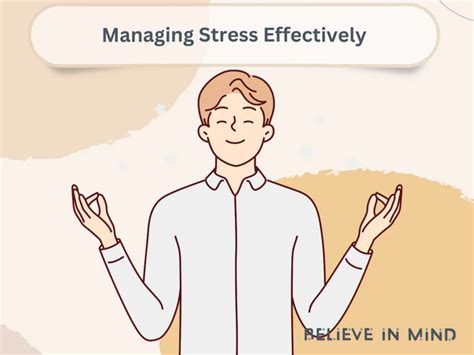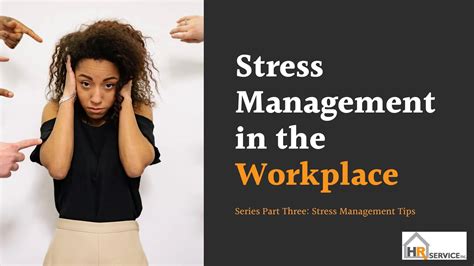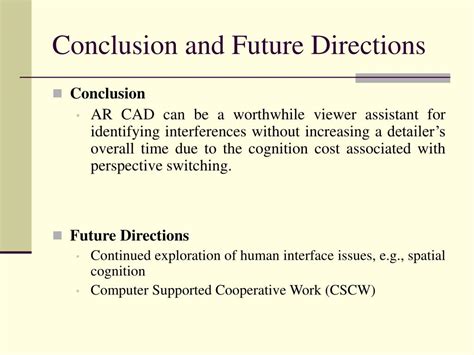Intro
Understand stress feelings and emotions with expert insights, exploring anxiety, overwhelm, and burnout, to manage mental health and well-being effectively.
Stress is an inherent part of life, and it can manifest in various forms, affecting individuals differently. It's a natural response to a perceived threat or pressure, triggering the body's "fight or flight" mechanism. This response is designed to help individuals react to acute stress, but chronic stress can have severe consequences on both physical and mental health. Understanding stress feelings is crucial to managing and mitigating its impact on daily life.
The experience of stress can vary significantly from one person to another. What one individual finds stressful might not affect another in the same way. This variability is due to differences in personality, coping mechanisms, and life experiences. For some, stress can be a motivator, pushing them to work harder and achieve their goals. For others, it can be debilitating, leading to anxiety, depression, and a range of physical symptoms. Recognizing the signs of stress and understanding its underlying causes are essential steps in learning to manage stress effectively.
Stress can arise from numerous sources, including work, relationships, financial issues, and health concerns. In today's fast-paced world, the constant pressure to perform, the fear of missing out (FOMO), and the relentless exposure to information through social media can all contribute to heightened levels of stress. Moreover, the COVID-19 pandemic has introduced new stressors, such as fear of infection, job insecurity, and the challenges of remote work and social isolation. The cumulative effect of these stressors can lead to burnout, a state of emotional, mental, and physical exhaustion caused by excessive and prolonged stress.
Understanding Stress Mechanisms

The body's response to stress is mediated by the hypothalamic-pituitary-adrenal (HPA) axis, a complex neuroendocrine system that regulates the stress response. When an individual perceives a threat, the HPA axis is activated, leading to the release of stress hormones such as cortisol and adrenaline. These hormones prepare the body to either confront the threat (fight) or flee from it (flight), causing a range of physiological changes, including increased heart rate, blood pressure, and respiration. While this response is adaptive in the short term, chronic activation of the HPA axis can have detrimental effects on health, including weight gain, insomnia, and a weakened immune system.
Psychological Impact of Stress
The psychological impact of stress should not be underestimated. Chronic stress can lead to the development of mental health disorders, such as anxiety and depression. It can also impair cognitive function, affecting concentration, memory, and decision-making abilities. Furthermore, stress can strain relationships, as individuals may become more irritable, withdrawn, or emotionally distant. Recognizing the psychological signs of stress, such as mood swings, persistent feelings of sadness, or loss of interest in activities once enjoyed, is crucial for seeking appropriate help and support.Managing Stress Effectively

Effective stress management involves a combination of lifestyle changes, coping strategies, and professional help when needed. Regular exercise, a balanced diet, and adequate sleep are foundational elements of stress management, as they help regulate the body's physiological response to stress. Engaging in relaxation techniques, such as meditation, deep breathing, or yoga, can also reduce stress levels by activating the parasympathetic nervous system, which promotes relaxation and reduces stress hormone levels.
Coping Mechanisms and Support Systems
Developing healthy coping mechanisms and leveraging support systems are vital for managing stress. This can include talking to friends, family, or a mental health professional, joining a support group, or engaging in hobbies and activities that bring joy and fulfillment. Setting realistic goals, prioritizing tasks, and taking regular breaks can also help manage workload and reduce feelings of overwhelm. Additionally, learning to say "no" and set boundaries can protect against overcommitting and reduce stress related to interpersonal relationships.The Role of Mindfulness in Stress Reduction

Mindfulness practices have gained popularity for their potential to reduce stress and improve mental well-being. Mindfulness involves paying attention to the present moment in a non-judgmental way, cultivating awareness of thoughts, feelings, and bodily sensations without becoming overwhelmed by them. Regular mindfulness practice can lead to increased self-awareness, improved emotional regulation, and enhanced resilience to stress. Techniques such as mindfulness meditation, mindful breathing, and mindful movement (e.g., yoga, tai chi) can be incorporated into daily routines to promote relaxation and reduce stress.
Statistical Data on Stress and Mindfulness
Statistical data underscores the importance of addressing stress and the potential benefits of mindfulness practices. For instance, studies have shown that mindfulness-based interventions can significantly reduce symptoms of anxiety and depression, improve sleep quality, and enhance cognitive function. Moreover, workplaces that incorporate mindfulness programs often report improved employee well-being, reduced absenteeism, and increased productivity. As the body of research grows, it becomes increasingly clear that mindfulness can be a valuable tool in the management of stress and the promotion of overall well-being.Stress Management in the Workplace

The workplace is a significant source of stress for many individuals. Long working hours, heavy workload, lack of control over work environment, and poor relationships with colleagues or supervisors can all contribute to work-related stress. Employers can play a crucial role in reducing workplace stress by promoting a healthy work-life balance, providing opportunities for professional development, and fostering a supportive work environment. This can include flexible working arrangements, employee wellness programs, and access to mental health resources.
Benefits of a Healthy Work-Life Balance
Maintaining a healthy work-life balance is essential for managing stress and promoting overall well-being. When work and personal life are balanced, individuals are more likely to feel fulfilled, have better relationships, and enjoy improved physical and mental health. A healthy work-life balance can also lead to increased productivity, job satisfaction, and reduced turnover rates, benefiting both employees and employers. Strategies for achieving a better balance include setting clear boundaries between work and personal life, prioritizing self-care, and engaging in activities outside of work that bring joy and relaxation.Seeking Professional Help for Stress

For some individuals, stress can become overwhelming, and professional help may be necessary. Mental health professionals, such as psychologists and psychiatrists, can provide support and guidance in managing stress and addressing any underlying mental health issues. Therapies such as cognitive-behavioral therapy (CBT) and psychodynamic therapy can help individuals understand and change their thought patterns and behaviors that contribute to stress. In severe cases, medication may be prescribed to help manage symptoms of anxiety or depression.
Questions to Ask a Mental Health Professional
When seeking professional help for stress, it's essential to find a mental health professional who is a good fit. Questions to ask during an initial consultation include: What experience do you have in treating stress and anxiety? What therapeutic approaches do you use? How will we work together to set and achieve goals? What kind of support can I expect outside of sessions? Answering these questions can help individuals feel more comfortable and confident in their decision to seek help.Conclusion and Future Directions

In conclusion, understanding and managing stress is a critical aspect of maintaining physical and mental well-being. By recognizing the signs of stress, developing healthy coping mechanisms, and seeking professional help when needed, individuals can mitigate the negative impacts of stress and improve their quality of life. Future directions in stress research and management may include further exploration of mindfulness and other complementary therapies, development of more effective workplace stress interventions, and increased awareness and reduction of stigma surrounding mental health issues.
Final Thoughts on Stress Management
As we move forward, it's essential to prioritize stress management and mental health. This includes promoting awareness, encouraging open conversations about stress and mental health, and supporting research into effective stress management strategies. By working together, we can create a society that values well-being, supports individuals in managing stress, and fosters a culture of resilience and mental health.What are the most common causes of stress?
+The most common causes of stress include work-related issues, financial problems, relationship difficulties, and health concerns. Identifying the source of stress is the first step in managing it effectively.
How can mindfulness help reduce stress?
+Mindfulness practices, such as meditation and deep breathing, can help reduce stress by promoting relaxation, improving emotional regulation, and enhancing self-awareness. Regular mindfulness practice can lead to a significant reduction in stress levels and improvement in overall well-being.
When should I seek professional help for stress?
+It's essential to seek professional help if you're experiencing overwhelming stress that interferes with your daily life, if you're struggling with anxiety or depression, or if you've tried self-help strategies without seeing improvement. Mental health professionals can provide support, guidance, and evidence-based therapies to help manage stress and improve mental health.
We invite you to share your thoughts and experiences with stress management in the comments below. Your insights can help others understand the importance of addressing stress and finding effective ways to manage it. If you found this article helpful, please consider sharing it with others who might benefit from the information. Together, we can work towards creating a more supportive and aware community that prioritizes mental health and well-being.
